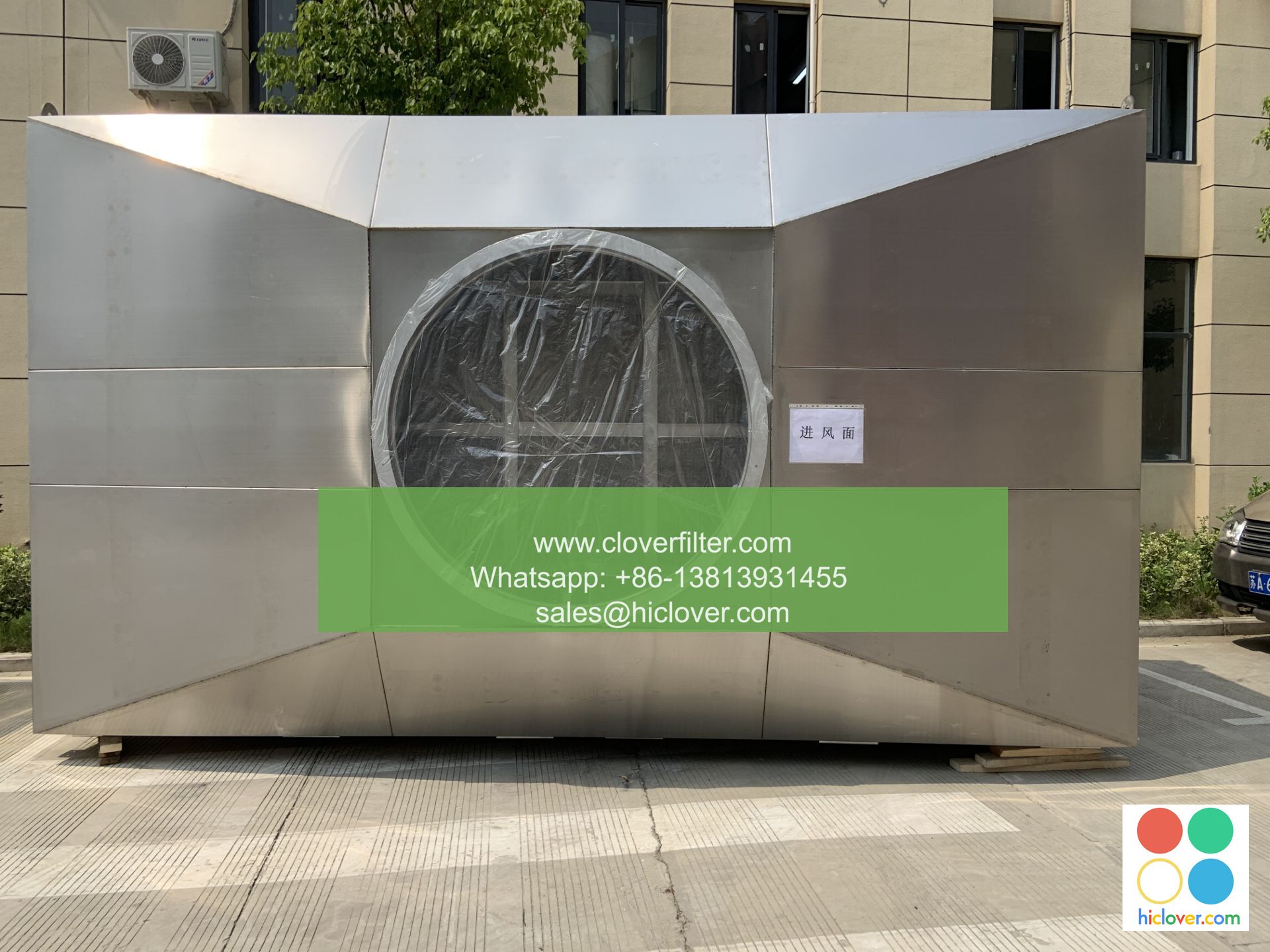Air Filter Production: Compliance with Industry Standards

Air filter production is a crucial aspect of maintaining indoor air quality, and compliance with industry standards is essential to ensure the effectiveness and safety of these products. In this article, we will discuss the importance of compliance with industry standards in air filter production, highlighting various application areas, including HEPA filtration, activated carbon filtration, and ultra-low penetration air (ULPA) filtration.
Industry Standards for Air Filter Production
The air filter industry is regulated by various standards, including those set by the American Society of Heating, Refrigerating, and Air-Conditioning Engineers (ASHRAE), the International Organization for Standardization (ISO), and the National Institute for Occupational Safety and Health (NIOSH). These standards ensure that air filters meet specific requirements for filtration efficiency, airflow resistance, and durability. Compliance with these standards is critical to ensure that air filters perform as intended, providing clean and healthy air for occupants in various settings, including commercial buildings, industrial facilities, and residential homes.
Application Areas for Air Filters
Air filters have a wide range of applications, including:
* HEPA filtration in hospitals and cleanrooms to remove 99.97% of particles as small as 0.3 microns
* Activated carbon filtration in industrial facilities to remove odors and gases
* ULPA filtration in pharmaceutical facilities to remove 99.9995% of particles as small as 0.12 microns
* Commercial air filtration in office buildings and shopping centers to improve indoor air quality
* Residential air filtration in homes to remove
Benefits of Compliance with Industry Standards
Compliance with industry standards in air filter production offers several benefits, including:
* Improved indoor air quality
* Increased energy efficiency
* Reduced maintenance costs
* Enhanced occupant health and comfort
* Compliance with regulatory requirements
In conclusion, compliance with industry standards is crucial in air filter production to ensure the effectiveness and safety of these products. By highlighting various application areas, including HEPA filtration, activated carbon filtration, and ULPA filtration, we can appreciate the importance of compliance with industry standards in maintaining clean and healthy air in various settings. As the demand for high-quality air filters continues to grow, manufacturers must prioritize compliance with industry standards to provide reliable and effective air filtration solutions. You haven’t asked a question or provided any context. Please provide more information so I can give you a helpful and accurate response. What’s on your mind?

